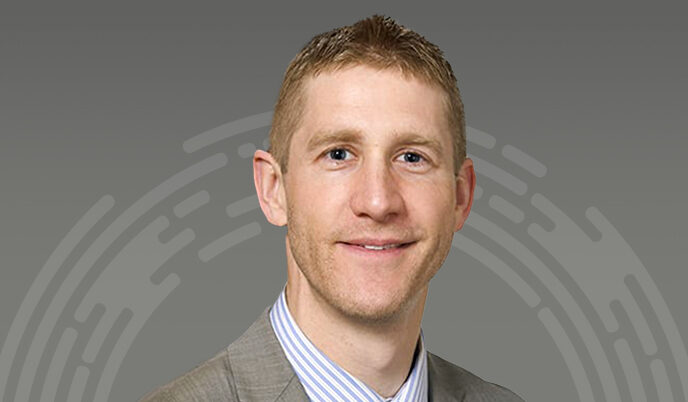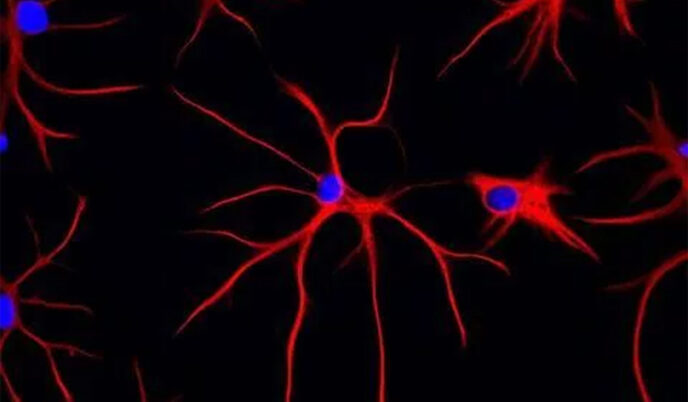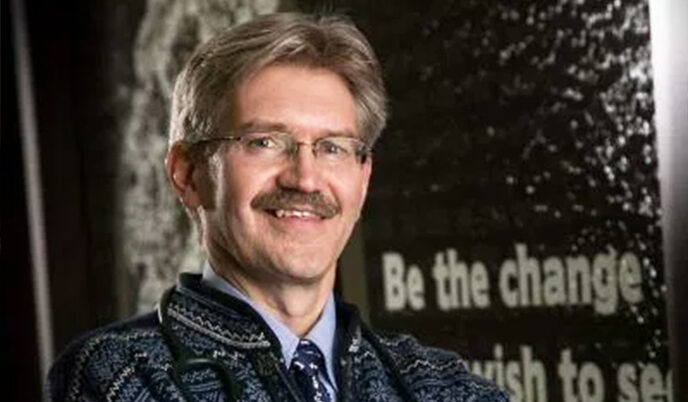
Hypertension, obesity escalate memory loss in people at risk for Alzheimer’s disease
A new study from the University of Wisconsin School of Medicine and Public Health shows people at risk for Alzheimer’s disease who have high blood pressure or are overweight experience declines in memory and thinking skills at double the rate compared to those without hypertension or obesity. In this study hypertension in participants was both treated and untreated.

Mutations in key blood cell protein disrupt development, predispose to leukemia
When a key gene in blood cell development, GATA-2, is mutated, it causes a predisposition to the development of acute myeloid leukemia (AML), and the changes in GATA-2 were believed to diminish its protein function.

Beth Drolet named chair of Department of Dermatology
Beth Drolet, MD, will become the next chair of the Department of Dermatology at the University of Wisconsin School of Medicine and Public Health.

Sean Ronnekleiv-Kelly earns 2018 Carbone Young Investigator Award
Sean Ronnekleiv-Kelly, MD, a surgical oncologist with the UW Carbone Cancer Center and Department of Surgery, has been awarded the 2018 Paul P. Carbone Young Investigator Award to study causes of and treatments for pancreatic cancer. He joined UW Carbone in 2017.

Mutation in common protein triggers tangles, chaos inside brain cells
A pioneer in the study of neural cells revealed how a single mutation affecting the most common protein in a supporting brain cell produces devastating, fibrous globs.

Financial incentives help Medicaid recipients quit smoking
The use of modest financial incentives to engage with the Wisconsin Tobacco Quit Line is a cost-effective option for increasing smoking quit rates among Medicaid recipients, according to research at the University of Wisconsin School of Medicine and Public Health.

Jonathan Temte receives prestigious public health award
The American Academy of Family Physicians (AAFP) has announced that Jonathan Temte, MD, PhD, professor of family medicine and community health at the University of Wisconsin School of Medicine and Public Health, has been honored with the 2018 AAFP Public Health Award.

Researchers discover cause for rare genetic blood disorder
An eight-year quest to find the cause of a disease has apparently ended now that scientists at UW–Madison have identified the mutations that produce a form of myelofibrosis, a rare genetic blood disorder.

Clinical prospects for stem cells begin to emerge
Twenty years after the University of Wisconsin–Madison’s James Thomson derived the first human embryonic stem cell lines (ESC), his revolutionary discovery is just beginning to emerge on the clinical landscape.

Alzheimer’s study renewal grant to focus on biomarkers of the disease
The Wisconsin Registry for Alzheimer’s Prevention (WRAP) has been awarded a five-year, $19 million renewal grant from the National Institutes of Health to enable in-depth study of molecular hallmarks of the disease in the brain and spinal fluid.

Joshua Coon earns international honor for outstanding achievements in proteomics
Joshua Coon, PhD, professor of biomolecular chemistry and chemistry at the University of Wisconsin-Madison, has earned a Discovery in Proteomic Sciences Award from the Human Proteome Organization (HUPO).

Deneen Wellik named chair of cell and regenerative biology
Deneen Wellik, PhD, has been chosen as the next chair of the Department of Cell and Regenerative Biology at the University of Wisconsin School of Medicine and Public Health.